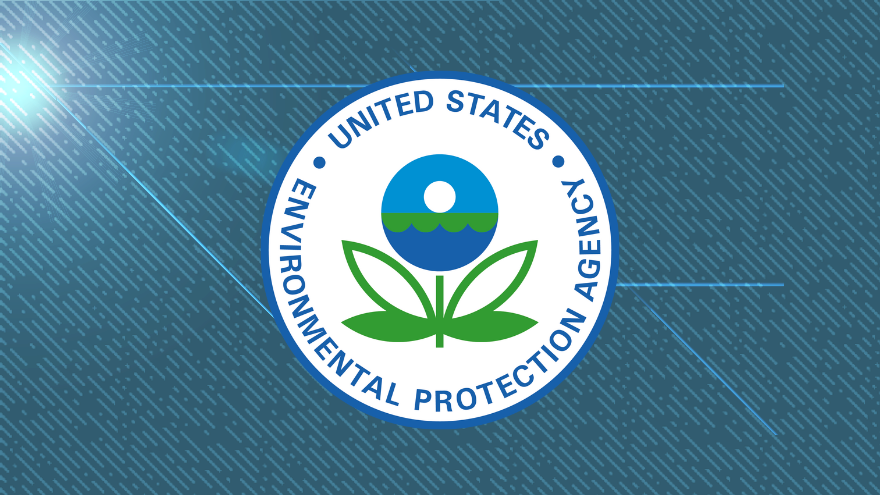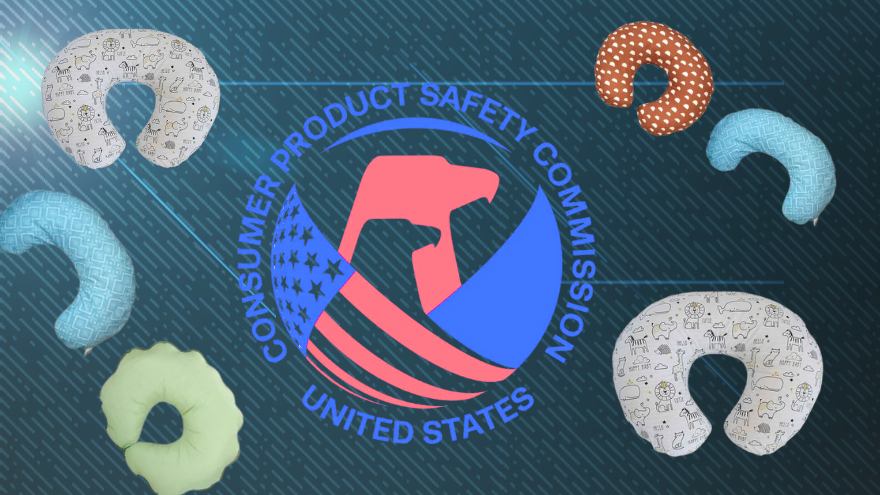Acephate, an insecticide that was banned by the European Union more than 20 years ago, could soon be on a list of pesticides prohibited from being sprayed on American fruits and vegetables. This move by the regulatory agency is an about-face, coming only a week after ProPublica exposed that EPA officials had been planning to allow 10 times more acephate on food than is acceptable under current guidelines. As stated in the report, numerous studies have linked acephate to developmental problems in children. But last August, the EPA said in its updated human health draft risk and water assessments that though acephate is a known neurotoxin, “there is little to no evidence that acephate” impedes “the normal development of the nervous system during pregnancy or childhood.” Acephate, which has been registered by the EPA since 1973, is an organophosphate (OP) pesticide that is registered for both agricultural uses, such as cotton and soybean, and non-agricultural uses, such as tree injections for forestry and ant mound treatment around homes, the EPA said in its proposed interim decision. Democratic presidential candidate Robert F. Kennedy Jr. blasted the EPA’s willingness to consider allowing more acephate in the food supply, writing in a social media post, “This is what happens when a captured agency colludes with chemical and food corporations. When I'm president this is going to end.” The EPA also stated in the bulletin that acephate is one of 18 pesticides currently under review, with many scheduled to have interim decisions on whether they will be prohibited over the next two years. Though the federal government has only now taken concrete steps toward banning acephate, state governments have, for years, flagged it as dangerous. According to a Hazardous Substance Fact Sheet published by the New Jersey Department of Health, acephate “should be handled as a CARCINOGEN — WITH EXTREME CAUTION.” The New Jersey Health Department warned that “there may be no safe level of exposure” to acephate, and that “all contact should be reduced to the lowest possible level.” Environmental advocates who have spent years prodding the EPA to ban acephate were surprised by the agency’s abrupt policy shift. “I’m surprised and very pleased,” Patti Goldman, a senior attorney at Earthjustice, told ProPublica. Representatives for the agriculture sector, however, did not welcome the proposed change. “We are concerned about the proposed interim decision to essentially remove farmers access to acephate, a common pesticide tool used by GA cotton producers,” the Georgia Cotton Commission said in a statement posted to X. “While we are concerned, we recognize that this is a proposed decision rather than a final rule.”The U.S. Environmental Protection Agency (EPA) has unveiled a proposal to ban a widely used pesticide.
Loading...
Loading...
Regulation /
EPA Preps Ban On Widely Used Pesticide
Agency says that acephate is one of 18 pesticides currently under review

*For corrections please email [email protected]*
